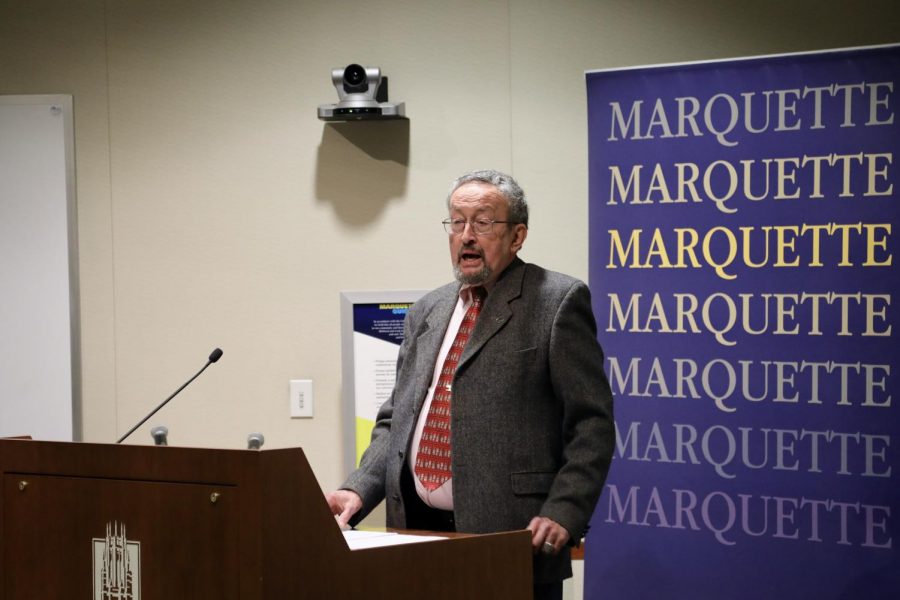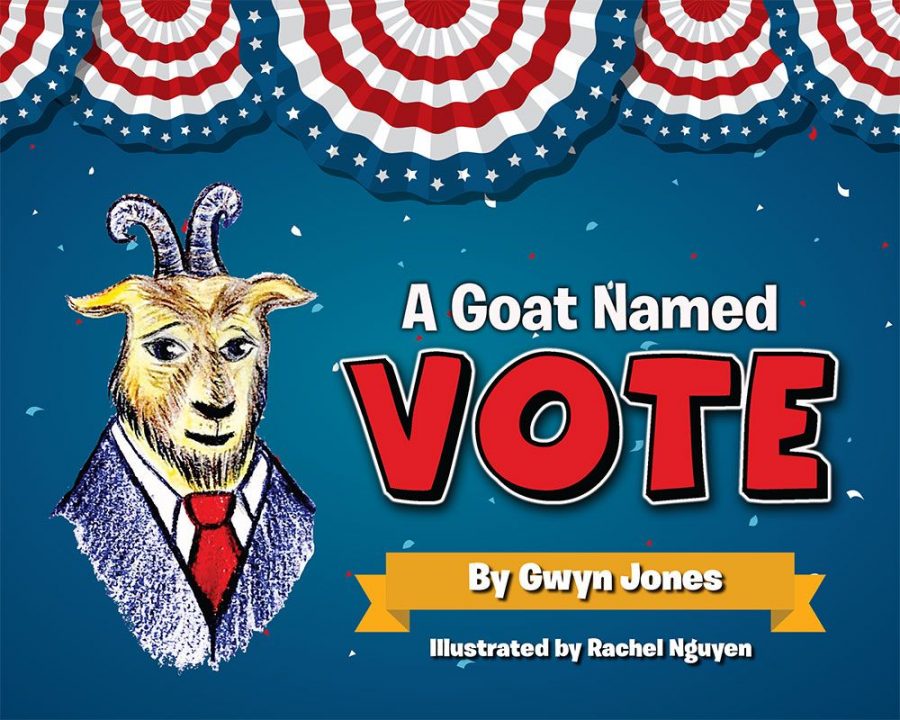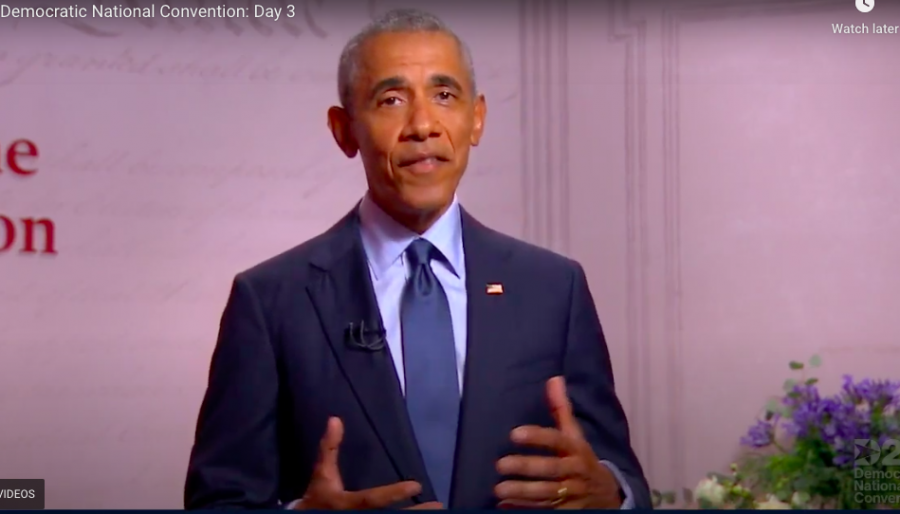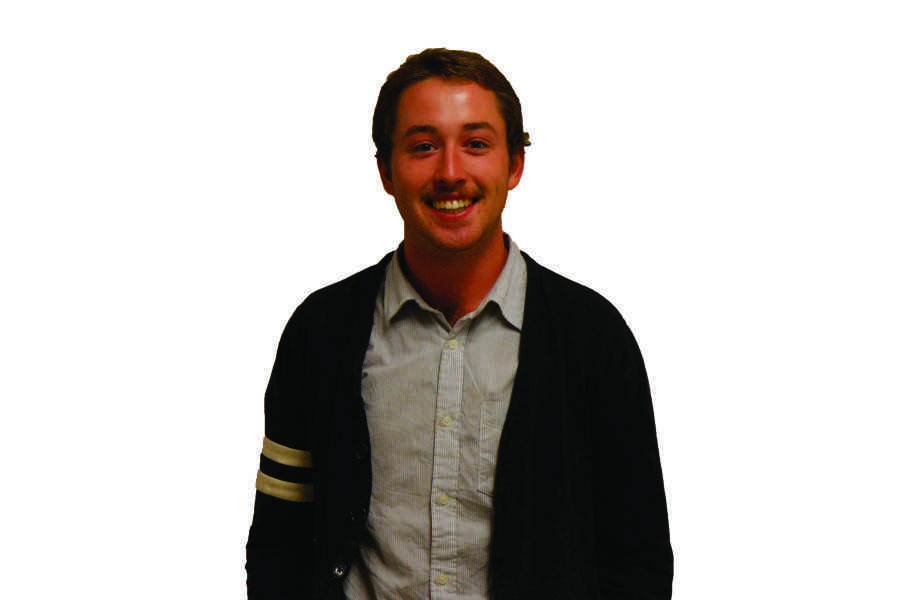Stephen Wasby, a professor emeritus of political science at the State University of New York at Albany, spoke to Marquette students and staff about “Trump and the Law” in Raynor-Memorial Libraries Beaumier Suites Monday night.
Wasby mostly discussed the travel ban President Donald Trump instituted against several Middle Eastern countries last year, Trump’s interactions with his lawyers and his many attempts to reverse legislation passed during former President Barack Obama’s administration. Wasby said these cases reveal the nature of the president’s relationship with the law.
Trump is not the only president to have controversial interactions with the law, and there is a difference between politics and law, he said.
“It is important to distinguish between policies we might not like, such as rolling back environmental regulations, and actions that are legally questionable or even unconstitutional. Those are not identical, overlapping categories,” Wasby said. “It gets more complicated when it is the president who attempts to bring about policies we don’t like by means that are legally questionable.”
The professor pointed to the travel ban Trump enacted that prevented citizens of seven countries from entering the United States as an example of the Trump administration’s interference with the court system. He talked about appeals made in the fourth and ninth circuit courts, which alleged that Trump was overstepping his authority.
The claims were that travel restrictions should be left to Congress, and that there was not sufficient evidence to show the restrictions would provide a safer nation. Rather, the courts said the ban ultimately discriminated against those of the Islamic faith.
In those cases, the Trump administration has argued to limit the evidence to only the words on the travel ban’s executive order. Some argue that the president’s statements should be included, as they are indicative of discriminatory motive against Muslims.
“The judges regularly would not buy that argument,” Wasby said. “Indeed, they found the candidate’s and then president’s statements indicative of motive for the travel ban. Particularly after the claim that it discriminated on a basis of religion.”
Wasby said another example of Trump’s unhealthy relationship with the law stems from his tendency to criticize law officials themselves and not their decisions. He pointed specifically to a case against Trump University, his for-profit education company from years ago, in which Trump was ruled against and forced to pay settlements to former students.
“He attacked the judge for being Mexican. The judge was born in Indiana,” he said. “Interestingly enough, when the same judge drew a later Trump case involving one of the rule rollbacks and ruled in favor of the administration, did we hear a word from the president?”
Wasby referenced the comments of several government employees as evidence that Trump lacks concern for legality because it is an example of “waving ethics rules for those in the administration” and being unconcerned about the Hatch Act, which prevents certain executive branch employees from engaging in some political activities. He also used this as evidence to speak about Trump’s professionalism.
“The president’s constant criticism of the Department of Justice raises questions as to whether — and the extent to which — prosecution will be attached to enemies as the result of partisan decisions, not mere policy priority,” he said in reference to Trump’s “lock her up” campaign slogan against Hillary Clinton.
Trump’s announcement that transgender individuals would no longer be able to serve in the military, along with his treatment of sanctuary cities, are examples Wasby gave of changes Trump made from the Obama administration. Wasby said this points to Trump’s eager desire to undo what was done in the Obama administration.
“The rollback in rules is so sweeping that — and here I am engaging in editorial comment — some of it seems mindless,” he said.
He then turned to what can be done about these issues. He pointed to litigation, investigation and impeachment as common responses. He spoke of the many investigations into Trump and lawsuits he is involved in. Then, he touched upon the unlikelihood that Trump will be impeached due to a Republican-controlled Congress. The issue, Wasby said, is that many of the hypothetical questions are unanswerable.
“Whether the president can be indicted while in office for criminal behavior, such as obstruction of justice, is an unresolved question,” he said.
Wasby was hosted by the Marquette political science department for a few days, during which he also guest lectured in many classes. His speech was followed by a question-and-answer session.







nunnya • Apr 14, 2018 at 11:41 am
Boy, is that professor full of it. The “travel ban” has been allowed to proceed by a 7-2 margin in SCOTUS. It’s still under appeal but in force. It includes people from Venezuela and North Korea. Not exactly a large Muslim pop there. So maybe this professor should brush up on current events OR the reporting on this speech is erroneous.